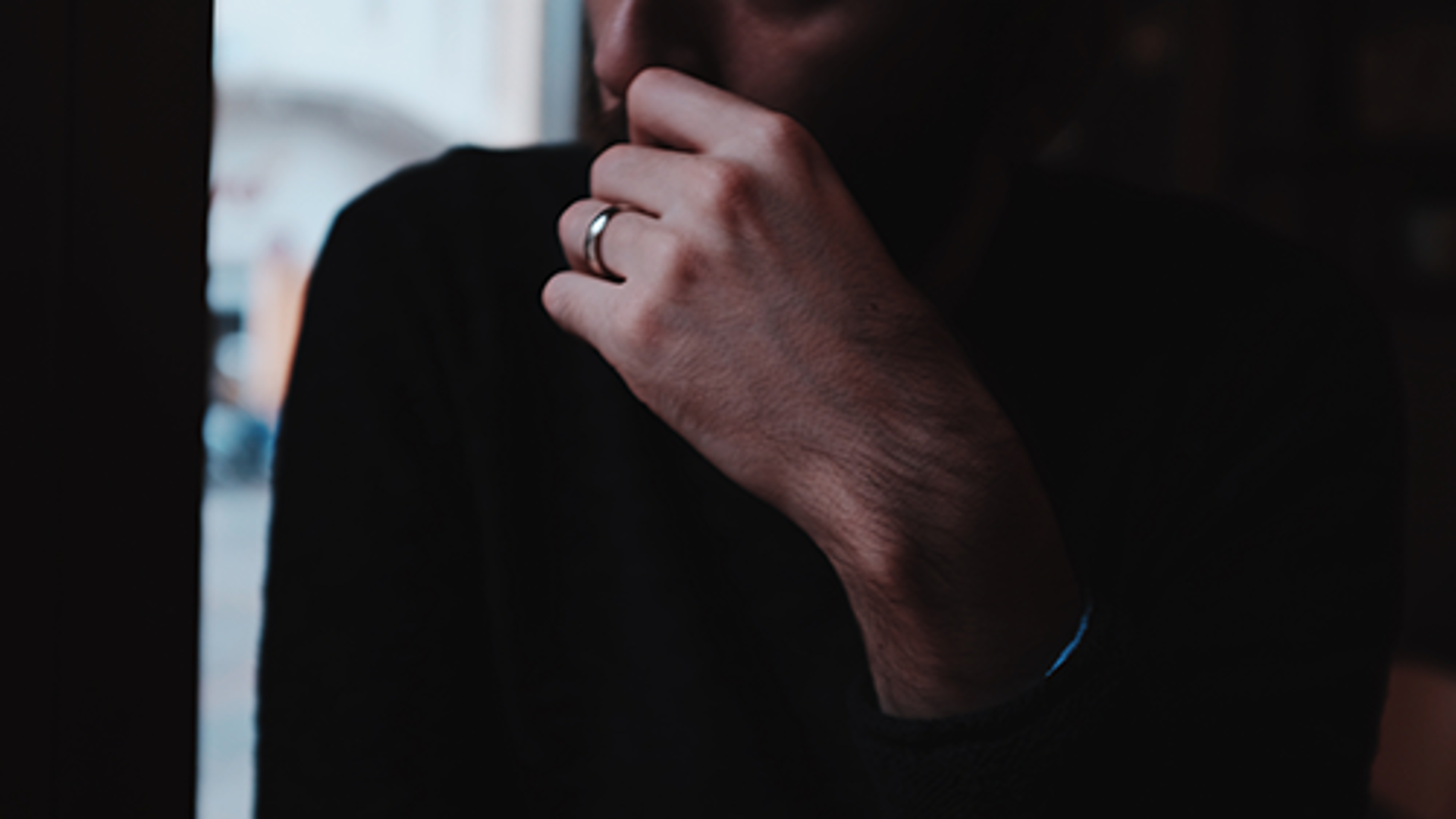
How has COVID-19 affected self-injury?
In this blog we will explore what self-injury is, what you can do about it, and how psychotherapy may help.
What is self-injury?
Self-injury, also referred to as self-harm, is a symptom that expresses a depth of pain and is sadly something people often shy away from talking about. One in four young women and one in ten young men have self-harmed according to the Samaritans. There are many forms of self-injury. Perhaps cutting and burning are the most well-known, but hair-pulling, picking, biting, punching and hitting, poisoning, not eating or over-eating and over-exercising can all be forms of self-harm. In the past there have been deeply unhelpful stigmas and judgements made, born of a misunderstanding of what it is that self-injury communicates. After all, who of us can say we have never consumed food or alcohol to change the way we feel?
All symptoms are story-tellers, expressing what is true for the person who enacts them. Self-injury lets us know that the experience inside for the survivor is so intense that there is a need to shift attention elsewhere, to something more tolerable. It is painful indeed if harming our body is a relief from what is going on emotionally and cognitively inside.
Has isolation increased the likelihood of self-harm?
The isolation of lockdowns and the disruption of our usual ways of taking care of ourselves have resulted in many people who were previously managing day-to-day OK, now finding things much more difficult. When you can’t reach out to the people or go out and have uplifting experiences, your home and your head could become uncomfortable places. Loneliness, family tensions, the loss of routine, fears for the future…this time was a perfect storm for making mental health symptoms worsen.
What can you do to help?
The stigmas surrounding self-harm affect those seeking a way out, as they begin to question what others will think. The most important thing to remember if you have been experiencing the urge to harm yourself – or your way of coping has become harmful, and you wish to stop – is to be kind to yourself. Coming alongside yourself with love and resisting the urge to judge will make the path to support and recovery much easier to find.
Keeping a journal of what you are feeling and thinking can offer a much-needed outlet. Or if words aren’t your thing, then draw, sing, play or sculpt, do whatever it is that gives your feelings a way out.
Another important way to support yourself is to learn new ways to bring your body and mind into a sense of calm and regulation. Finding ways to ground yourself – such as slow and regular breathing, paying attention to your feet on the ground, or soothing and verbally re-assuring yourself that you will be OK – can all help, but sometimes these alone may not be enough.
In your moment of need, the Samaritans are there, their phone line is open 24 hours a day, on 116 123. Mind also have a helpline open to anyone who might need some support, between 9am-6pm on 0300 123 3393, and both your GP and local A&E can support you if you need to reach out.
In the long term, understanding and changing your experience of self-injury can be very beneficial, helping to make sure patterns don’t repeat in the future. If you’d like to find a psychotherapist to help alleviate your symptoms and find new ways of being in the future, check out UKCP’s Find a Therapist for someone who you sense is a good fit for you.
Share
Like most websites, we use cookies. If this is okay with you, please close this message or read more about your options.


